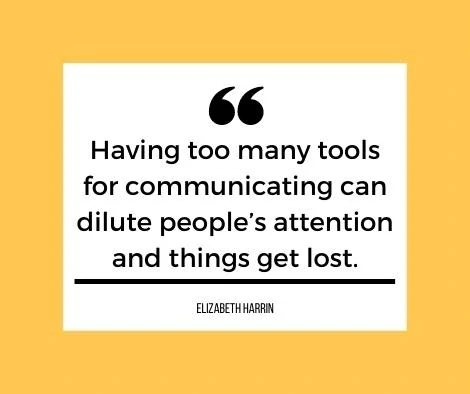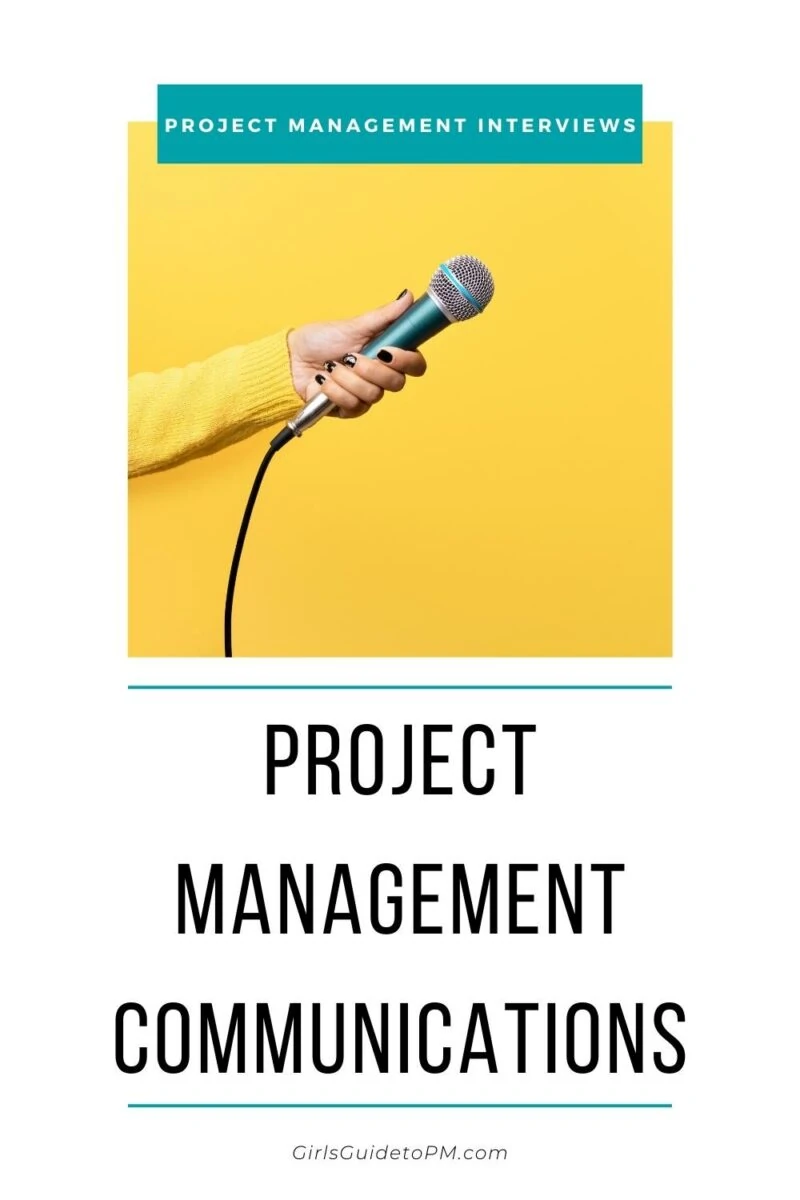Project Management Communications Q&A
Alexis Dondic has over 15 years of experience in the auto industry and more recently she has worked in a strategic communications role on projects. She also works as a trader and a coach. She splits her time between Germany (where she is from originally) and Mexico, where she dialed in for this discussion about project management communications at the Project Management Club on Clubhouse.
How do you communicate in virtual teams?
Alexis: Keep people informed and minimize the amount of meetings you have. Use a project management communication plan that talks about how to communicate with each stakeholder. Consider compliance: do we need approval for certain things, do they need to simply be informed or do we need to involve them in decisions? That shapes how we communicate with them.
What goes into a communication plan?
Alexis uses an Excel spreadsheet as the basis for a comms plan.
- Stakeholder analysis: who does what on the project
- Frequency of communication: daily, weekly, bi-weekly etc
- The goal: what do we want from the stakeholder as a result of the comms
- Who is going to talk to the stakeholder
How can you communicate something that’s a failure without it being judgemental?
Alexis: Factor in where they are from so you take cultural differences into account.
What are the best tools and techniques for communicating with stakeholders?
Alexis: I don’t have favorites, and as a freelancer I tend to use what they have. I tend to use spreadsheets and slides, which isn’t great. I use my iPad in meetings so I can show people slides.
Elizabeth: Having one place for all the actions is important, and having too many tools for communicating can dilute people’s attention and things get lost. I use Microsoft products generally, and slides for communicating in writing.

Community shares
Vugar (@ismvug): My projects are based in the US and Mexico but I’m based in Canada. Everything is now online. Having that personal relationship is hard without face-to-face meetings. No one turns on their video either. How can we improve building relationships online?
Alexis: It’s difficult to talk for the first time with someone in an online setting. Try to talk to people before the ‘main’ meeting where we introduce ourselves and use that call as a
Elizabeth: Try to make the online meetings fun. Make time for small talk. Prepare properly in advance and don’t get complacent. Bring more energy than you would as people take their energy levels for you.
Vugar: Explain that I don’t have a personal issue with them. I explain from the beginning that it’s not personal.
Alexis: People don’t learn if you tell them what they do wrong. So instead, tell them what they could do better or praise them when they do it well.
Tucker (@tuckerjohnson): When talking about failure, don’t blame. Focus on the solution. Once you start trying to figure out where the blame is, everyone gets defensive. There is time and place for root cause analysis and where things went wrong, but the first priority is coming from a place of wanting to get the project delivered successfully. One thing I’ve found that works well to have a good conversation is to give the stakeholders/vendors etc control over the situation. If you can’t give them control, give them at least the perception of control. Help them feel in control by giving them options. Share the numbers for data-driven communication as that helps.
Amir (@mesipooz): In some of the conversations we have about failures, we are trying to find out the issues in the process. We don’t really care about who is pulling their weight, more about what needs to be done.
Annie (@alloannie): Would you share the most efficient way to run a status meeting? In the status meetings, it feels very long as people are using the time to get dates.
Alexis: I have a project plan with the weekly tasks, which I extract and show in the meeting. I provide a weekly status report before the meeting. I send it out before so everyone has the data. It’s easier if everyone has it in writing.
Elizabeth: Report by exception. Perhaps give a focus project more time and attention, but everyone else gets 2 minutes. Provide information in advance in writing to cover the status of all work that is going to plan.
Vugar: One slide per project, divided by scope, budget, time and issue. If there are issues, make another slide to explain. All projects report in the same way.
Tucker: We use Franklin Covey’s 4 Disciplines: Wildly Important Goals. Design the goals at the corporate level and then trickle down goals, with weekly status meetings. Quarterly business reviews are another tool (or monthly) to go over highlights with stakeholders.
Adrian (@adrian35): How to encourage people to use an agenda more frequently? I get invited to a lot of meetings without agendas and they are very unstructured. What does it mean to have a good agenda?
Alexis: What I do is I prepare an agenda and project management papers for the meeting. Everyone has to use the same template. An effective agenda is the information, we talk about the topic. I always put timing in – I often see this missing, they don’t put down who has to what by when.
Adrian: How do you make sure people hit their deadlines and get people to give you estimates?
Alexis: Let people set their own deadlines, follow up the day before it is due to remind people.
Elizabeth: There’s normally something causing their defensiveness.
Sol (@solben): I’ve been asked to lead a project that involves communicating with the regulator. There are targets set by the regulator.
Alexis: It depends on the information they need. Make sure you share the right level of information so as not to generate too many questions from them. The less you share, the better, so as not to confuse. Be open about it and share in advance, for example, if you are unable to meet a deadline, and if there is anything they can do to help it go faster.
Elizabeth: Show where you are on your journey, be engaged with the regulation process and participate fully. Turn up to all the meetings, show that you are committed as a project team and to the regulation at the highest level by using your execs to communicate as necessary.
Amar (@jaswal): Ongoing communication can soften the blow. Let the external stakeholder know the dates.
Follow us on Clubhouse @elizabethharrin and @alexis.181
Follow us on Instagram: @elizabeth.harrin and @alexis.181
Pin for later reading

